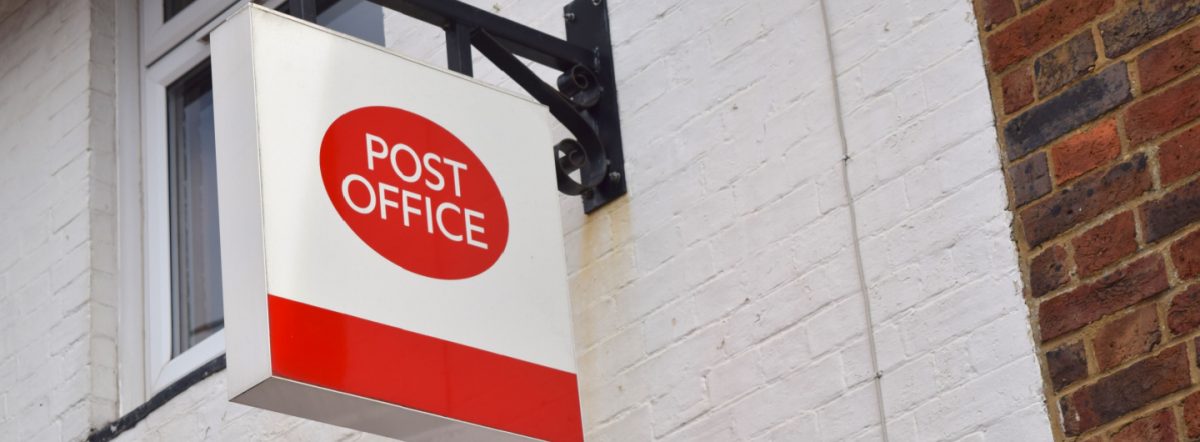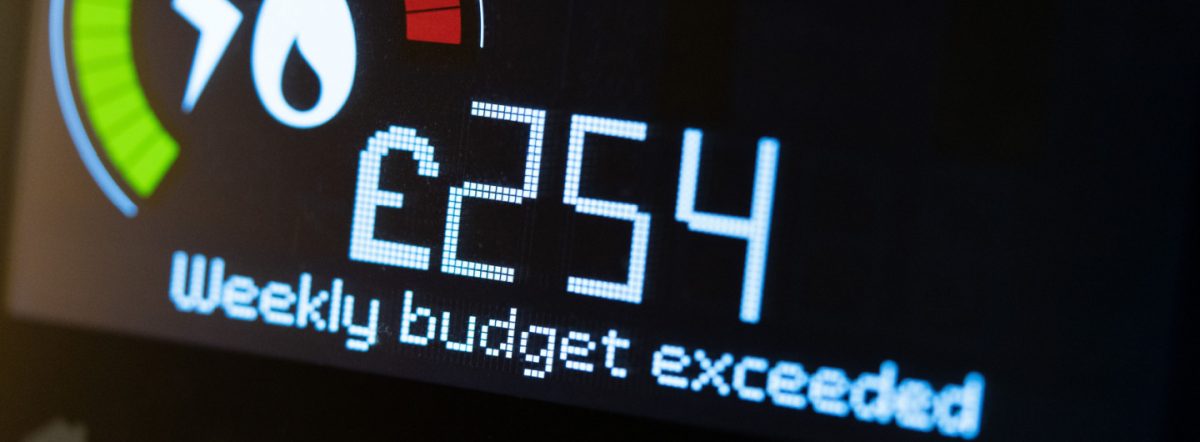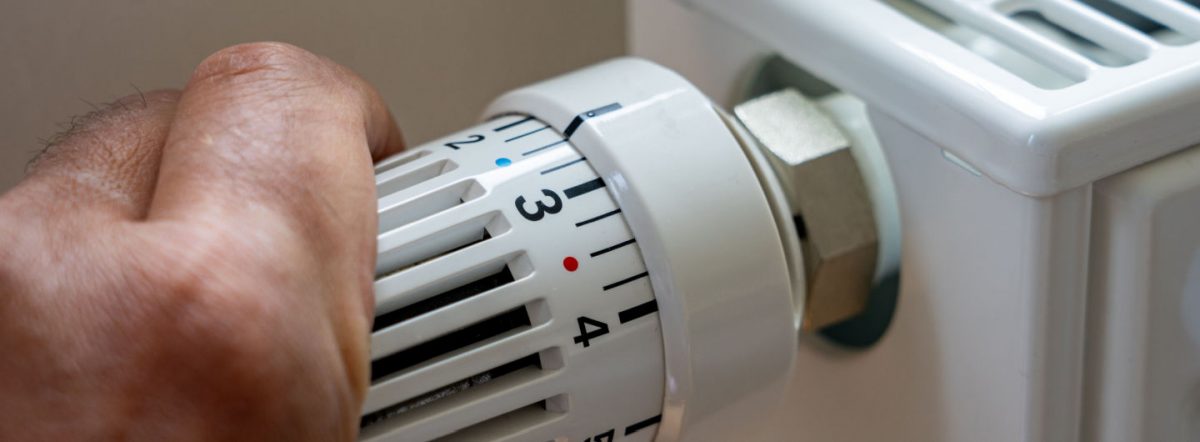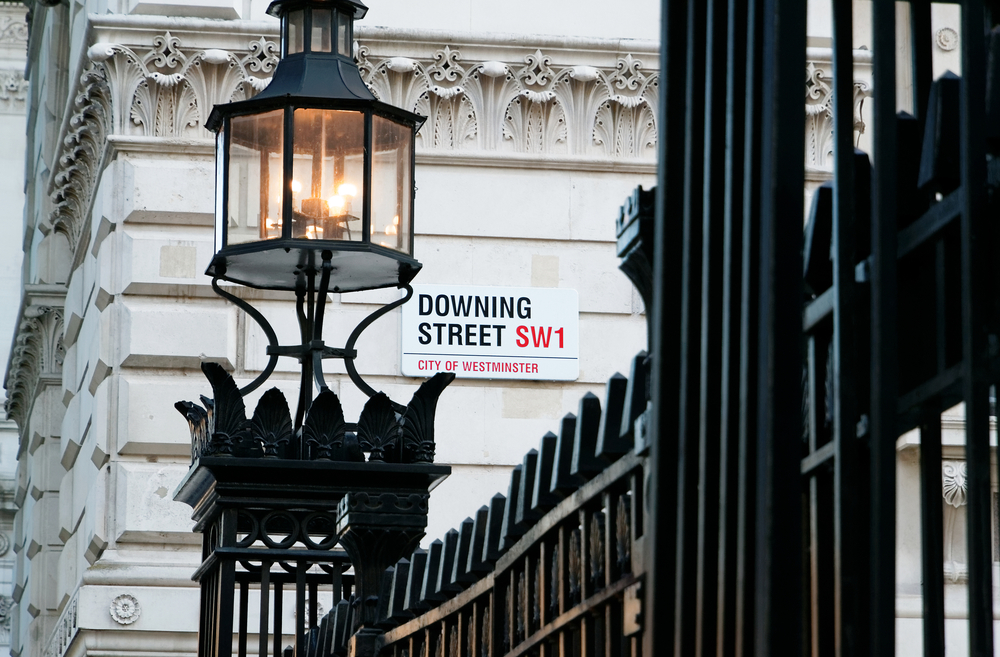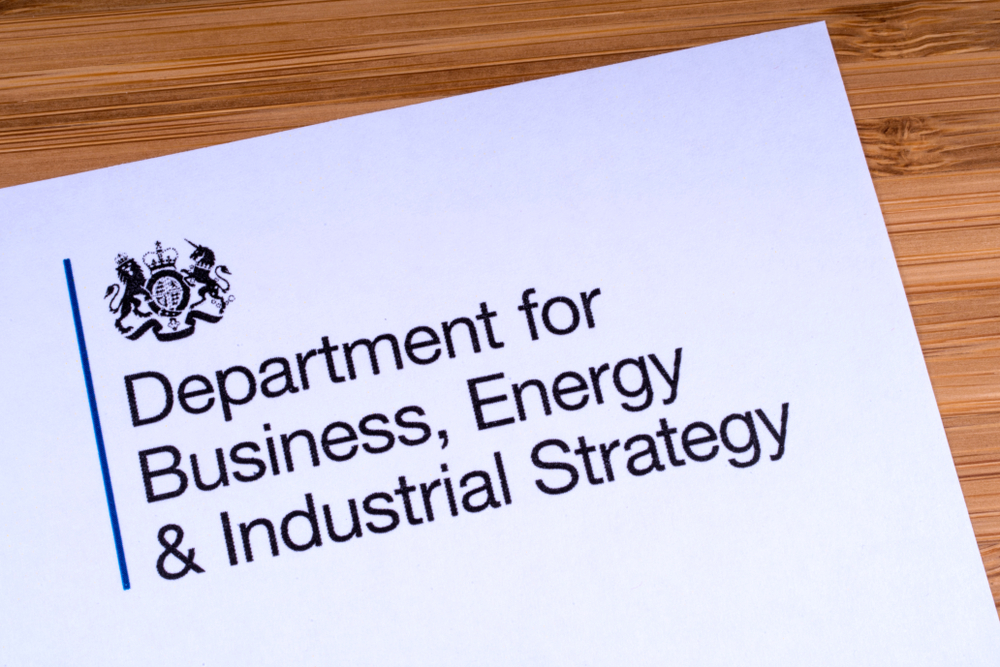New analysis of Government data by the End Fuel Poverty Coalition has revealed that some of the poorest constituencies in the country had some of the highest levels of undelivered or unredeemed payments through the Energy Bills Support Scheme. [1]
Westminster Constituency-specific data shows that some of the constituencies with the highest levels of child poverty were the least likely to get the full amount of support payments that they were owed.
In Brent Central, where more than a third of households with children are in poverty [2], more than one in twenty (6.18%) of vouchers were not delivered or redeemed.
Meanwhile in Liverpool Riverside, more than 22,000 (5.19% of payments) were not processed, even though more than 7,000 families are in poverty.
The latest UK-wide figures show that millions of pounds worth of support has not made it to the households that it was meant for, with the majority of that due to those on prepayment energy meters (PPMs).
In the constituency of Hampstead & Kilburn, 43% of vouchers issued to PPM households have not been redeemed. And while the problem is worst in London, other places across England have also been hit hard. In Bradford West, a third of vouchers are still to be claimed, in places such as Preston or Pendle, the figure is 29%.
Scotland’s voucher redemption rate (26% left unclaimed) is worse than everywhere else in the UK apart from London (32%). Constituencies such as Edinburgh East, Edinburgh North & Leith, Glasgow North (all 36%) and Inverclyde (35%) all have low take up rates.
The government provided households across the country with £400 of energy bills support from October 2022 until March 2023 through the Energy Bills Support Scheme. For traditional prepayment meter customers, this support came in the form of vouchers delivered monthly by text, email or post.
The deadline to collect any missed payments is 11.59pm on 30th June.
A spokesperson for the End Fuel Poverty Coalition, which is part of the Warm This Winter campaign, commented:
“Far too often support payments under this scheme have not found their way to vulnerable households. There is now less than a week to go before this support will be lost to households forever.
“If anyone feels they have missed out on Energy Bills Support Scheme payments they should contact their energy firm immediately.”
Frazer Scott, CEO of Energy Action Scotland commented “Over 1 in 3 households in Scotland are in fuel poverty and are struggling to access heat and power to maintain their health and wellbeing. Energy debt levels are rising yet vital support is not reaching people. Legacy prepayment meter households should be receiving the support to which they are entitled. It isn’t right and it isn’t fair that so many voucher remain unredeemed.”
Jonathan Bean of Fuel Poverty Action said: “As usual in our cruel energy system, those that need the help most are not getting it. Government and energy firms are failing vulnerable people again. Extra time and effort is needed to sort out this mess.”
ENDS
[1] End Fuel Poverty Coalition analysis of official Government data published on 20 June 2023. All data is available to download from: EFPC EBSS Calculations energy-bills-support-scheme-gb-payments-june-2023
[2] End Child Poverty Coalition / Loughborough University data https://endchildpoverty.org.uk/child-poverty/

